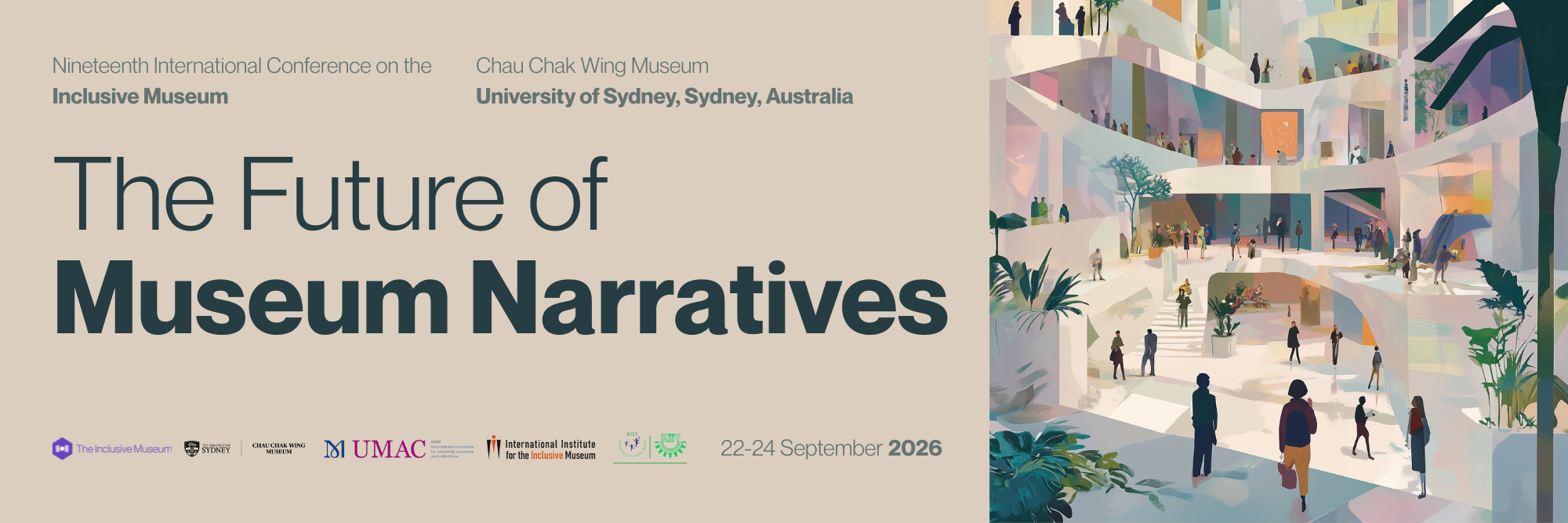Abstract
This paper explores the role of museums as healing spaces in contexts of conflict and displacement, focusing on Nigeria and Cameroon. Both countries have endured prolonged violence that has disrupted cultural continuity, fractured identities, and threatened intangible heritage. Within these settings, museums—whether formal institutions or community-based cultural spaces—emerge as critical arenas for reimagining reconciliation, sustaining cultural resilience, and fostering inclusive participation. The study draws on ethnographic insights into cleansing rituals, oral traditions, performances, and community memory practices that negotiate post-conflict healing. It examines how such intangible heritage can be preserved, interpreted, and curated in ways that acknowledge trauma while promoting dialogue and inclusion. Particular attention is given to the representation of marginalized voices, including internally displaced persons (IDPs), women, and youth, and to the challenges of transforming sacred and lived practices into curated experiences without erasing their meaning. By situating the Nigerian and Cameroonian cases within global debates on museums, decolonization, and inclusivity, the paper argues for a paradigm shift in which museums function not only as repositories of artifacts but as active agents of peacebuilding. It concludes that inclusive museum practices grounded in intangible heritage and conflict memory can strengthen social cohesion, enable communities to process traumatic pasts, and reshape collective futures.
Presenters
Afutendem Lucas NkwettaAssociate Professor of English and Film Studies, Applied Foreign Languages, University of Dschang, West, Cameroon Carlous Muluh Nkwetisama
Senior Lecturer, University of Bamenda
Details
Presentation Type
Paper Presentation in a Themed Session
Theme
2026 Special Focus—The Future of Museum Narratives
KEYWORDS
MUSEUMS, INTANGIBLE HERITAGE, CONFLICT MEMORY, RECONCILIATION, INCLUSION, NIGERIA, CAMEROON, CULTURAL

